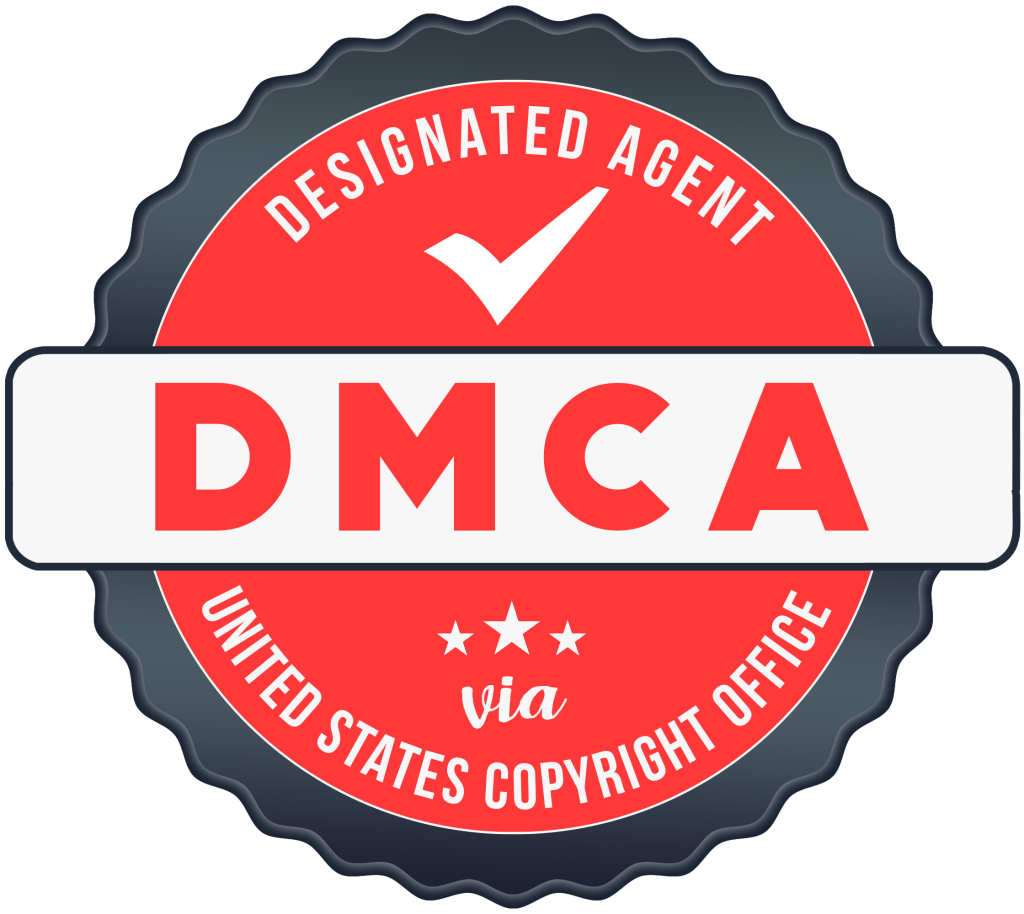The world of business could be really rewarding but really cutthroat at the same time. While you spend years developing the best product you can, someone in another country can copy your design and ride on your coat tails to success. Or, maybe you created a great service we didn’t know we need yet and someone else “steals” your idea and makes another service a lot like it.
Competition is healthy because it encourages innovation and pushes people to discover new ideas. But there is such a thing as unhealthy competition if the measures taken by your peers are less than scrupulous.
There are several steps you can do to protect your company and brand. Here are just five of them:
1. Trademark
The best thing about trademarks is that they can be for a variety of features of your brand, depending on what is distinctive. For example, you may want to trademark a scent of the perfume you make or some special ingredients, or you want to trademark the shape of the perfume bottle or a specific logo – all of which are a part of the overall shopper’s experience when they buy your perfume. It is possible to trademark all those separate elements individually, which provides you with a broad range of ways to protect against someone stealing your design or product.
Given the flexibility that trademarks offer and the range of uses and countries you could apply to, you could have a range of different trademarks so that you ensure you are protected in a variety of ways.
2. Copyright and patents
If you have invented a product or a part which can be used within a product and you want to protect your invention, obtaining a patent is the way to go. If you have ever watched an angel investor’s pitch or a show such as Shark Tank, you will see that a potential investment which already holds one or more patents is seen as more valuable. This is because, not every patent application is approved and holding the patent and licensing it out could be very profitable.
When it comes to copyright laws, if you have any product or service in digital form (ie. a book, a song, video etc.) you may want to obtain the appropriate rights as this will protect your digital goods by being used inappropriately. While patents may be difficult to obtain, copyrights are usually a bit easier to register for any product which you “created” (as opposed to “invented”).
3. Monitor and keep up to date with competitors
Being up to date with industry developments should be an integral part of running or working within a business, not just from an intellectual property perspective. It helps to monitor what other similar companies are doing, whether they are developing new products and services or where they are focusing their marketing efforts.
The key here is consistency – routinely checking on your competition and having a system for getting news within your industry.
4. Think global, not local
Most intellectual property law is territorial.This means that, depending on what country you live in, the laws may differ. You may need to register your copyright, trademark or patent in multiple countries and for various types of uses.
Many brands, even small, will hold some form of intellectual property in China and other countries which are known as manufacturing powerhouses.
5. Automate the process
Protecting your brand is a never ending task as threats can always occur out of nowhere. This is why it is useful to automate the process, wherever possible. Maybe you want to set Google alerts for keywords which you find useful. Or you have a monthly plan to scan the internet for potential breaches.
Hiring a person or company to help you with protecting your brand could help you stay on top of things so you can focus on all the other things on your to do list!





